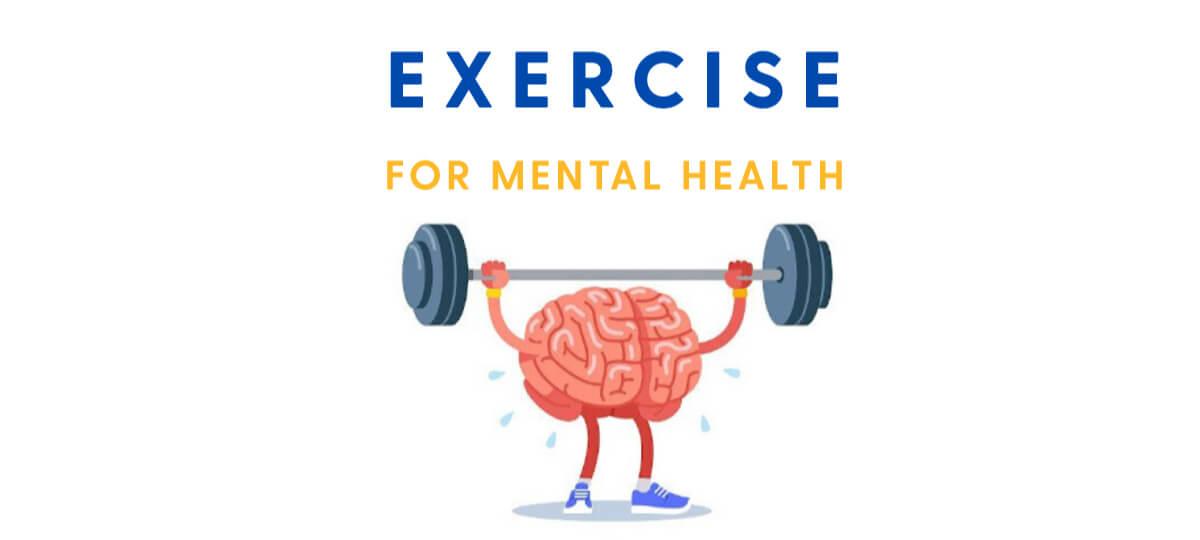In the bustling world of fitness, where the clang of weights and the rhythmic thud of feet on treadmills dominate, an equally important aspect often whispers quietly in the background, overshadowed by the pursuit of physical prowess. As we sculpt our bodies to perfection and push the boundaries of endurance, a vital component of overall well-being frequently goes unnoticed: mental health therapy. In the quest for physical excellence, are we neglecting the mind that drives us forward? This article delves into the intricate relationship between mental health therapy and physical fitness plans, exploring whether the focus on physical achievements inadvertently leaves the mental aspect overlooked. Join us as we unravel the complexities of integrating mental wellness into fitness regimes, aiming to strike a harmonious balance between body and mind.
Exploring the Intersection of Mind and Muscle
In the pursuit of physical excellence, the role of mental health is often an unsung hero, lurking in the shadows of training regimens and diet plans. While we meticulously count calories and reps, how often do we pause to consider the state of our mental well-being? A robust fitness plan isn’t solely about sculpting muscles; it also requires nurturing the mind, which can significantly influence performance and recovery. Mental health therapy could be the missing piece, offering not just emotional balance but also enhancing focus, motivation, and resilience in physical endeavors.
Consider the potential benefits of integrating mental health strategies into your fitness journey:
- Improved Stress Management: Techniques such as mindfulness and cognitive-behavioral therapy can help manage stress, reducing cortisol levels that can hinder physical progress.
- Enhanced Motivation: Addressing mental barriers can rejuvenate enthusiasm, transforming workouts from a chore into a cherished routine.
- Better Sleep Quality: A calm mind can lead to more restful sleep, crucial for muscle recovery and overall health.
- Increased Self-Compassion: Therapy can cultivate a kinder inner dialogue, promoting body positivity and reducing the risk of burnout.
The Silent Role of Emotional Wellness in Fitness Journeys
While many fitness enthusiasts meticulously plan their workout routines and diet regimens, the integration of emotional wellness into these plans often remains an understated component. Emotional health serves as the silent force that can significantly influence the success of any physical fitness journey. Acknowledging the role of mental health therapy can offer a more holistic approach to achieving fitness goals, leading to sustainable lifestyle changes.
- Enhances motivation and consistency
- Reduces stress and anxiety, improving workout performance
- Fosters a positive self-image and boosts confidence
- Encourages a balanced approach to both mental and physical health
By intertwining mental health support with physical training, individuals may find themselves better equipped to navigate the ups and downs of their fitness endeavors. This fusion not only helps in overcoming mental barriers but also enriches the overall quality of life, making the journey as rewarding as the destination.

Unveiling the Psychological Benefits of Integrated Health Approaches
In the realm of physical fitness, the fusion of mental health therapy is an evolving narrative that deserves more attention. Traditional fitness plans often emphasize physical transformation, overlooking the profound psychological benefits that an integrated approach can offer. This synergy can lead to a more holistic sense of well-being, enhancing not just the body but the mind. When mental health practices are woven into fitness routines, individuals may experience improved motivation, increased resilience, and a more profound connection to their personal goals.
- Enhanced Stress Management: Incorporating mindfulness and relaxation techniques can significantly reduce stress levels, allowing for a more balanced lifestyle.
- Improved Emotional Regulation: Mental health therapy can provide tools to better manage emotions, which can enhance focus and determination during physical activities.
- Boosted Self-Esteem: Acknowledging and addressing mental health alongside physical health can lead to greater self-acceptance and confidence.
By recognizing the value of mental health in fitness plans, individuals can embark on a journey that not only transforms their bodies but also nurtures their mental fortitude. The integration of these disciplines offers a comprehensive approach to health that is both sustainable and deeply rewarding.

Crafting a Holistic Fitness Plan with Mental Health in Focus
In the pursuit of physical wellness, the integration of mental health therapy is often overshadowed, yet it holds a pivotal role in crafting a truly holistic fitness plan. While the physical benefits of exercise are well-documented, the mental and emotional dimensions are frequently left unattended. Balancing physical activity with mental health care can lead to more sustainable and fulfilling fitness journeys. Consider incorporating the following elements into your fitness regimen to ensure a well-rounded approach:
- Meditative Practices: Activities such as yoga or tai chi not only improve physical flexibility and strength but also encourage mindfulness and reduce stress.
- Mindfulness Techniques: Incorporating breathing exercises or guided meditation sessions can enhance focus and mental clarity, aiding in overall mental well-being.
- Counseling or Therapy Sessions: Regular check-ins with a mental health professional can help address any underlying issues that may affect your motivation and consistency.
By acknowledging the interplay between mental and physical health, fitness plans can be tailored to support overall well-being, promoting a balanced lifestyle that nurtures both body and mind.
